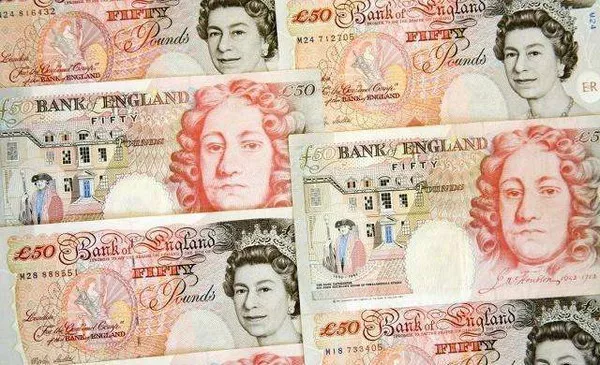The British Pound is showing resilience ahead of the Bank of England‘s (BoE) November Monetary Policy Committee (MPC) decision, which is expected to leave interest rates at 5.25%, a prediction supported by over 90% of the money markets and the majority of analysts surveyed. The BoE’s anticipated “high-for-longer” policy may support the Pound against the Euro‘s earlier gains, as it favors future tightening.
The composition of the MPC’s vote and economic projections are driving this resilience. Market expectations are key, especially if dovish MPC member Swati Dhingra votes for a rate cut, which could potentially destabilize the Pound. Changes to the 2025 inflation and growth forecasts could also influence the Pound’s trajectory.
Last month, the vote to keep rates on hold was narrow at 5-4. Reasons against a rate hike include slowing economic activity, a weaker housing market, falling consumer spending, diminishing inflationary pressures, falling consumer confidence, slowing retail sales, a slump in construction output and a decline in manufacturing, as highlighted by Mike Riddell of Allianz (ETR:ALVG) Global Investors and George Buckley of Nomura.
Despite inflation warnings, Deutsche Bank expects a 6-3 vote in favor of keeping rates on hold. The vote split will be crucial for future decisions. Deputy Governor Breedon will replace Cunliffe on the committee, who previously voted for a hike. Barclays predicts a 1-6-2 vote split, with Dhingra voting for a cut and Haskel and Mann voting for a 25bp hike.
ING sees the previous hawks maintaining their stance and predicts that new Deputy Governor Sarah Breeden will join the consensus in her first meeting. The Bank’s forward guidance will also be important. Danske Bank expects a higher threshold for further rate hikes, forecasting the first rate cut of 25bp in June 2024, followed by quarterly cuts totaling 75bp throughout 2024.
Alongside the decision, the BoE will also release its Monetary Policy Report (MPR), updating growth and inflation forecasts. If rates remain unchanged, market reactions should be muted, with minor Pound losses possible if dovish guidance is issued. A rate hike could lead to an initial spike in the Pound before a potential fall on recession fears.
























